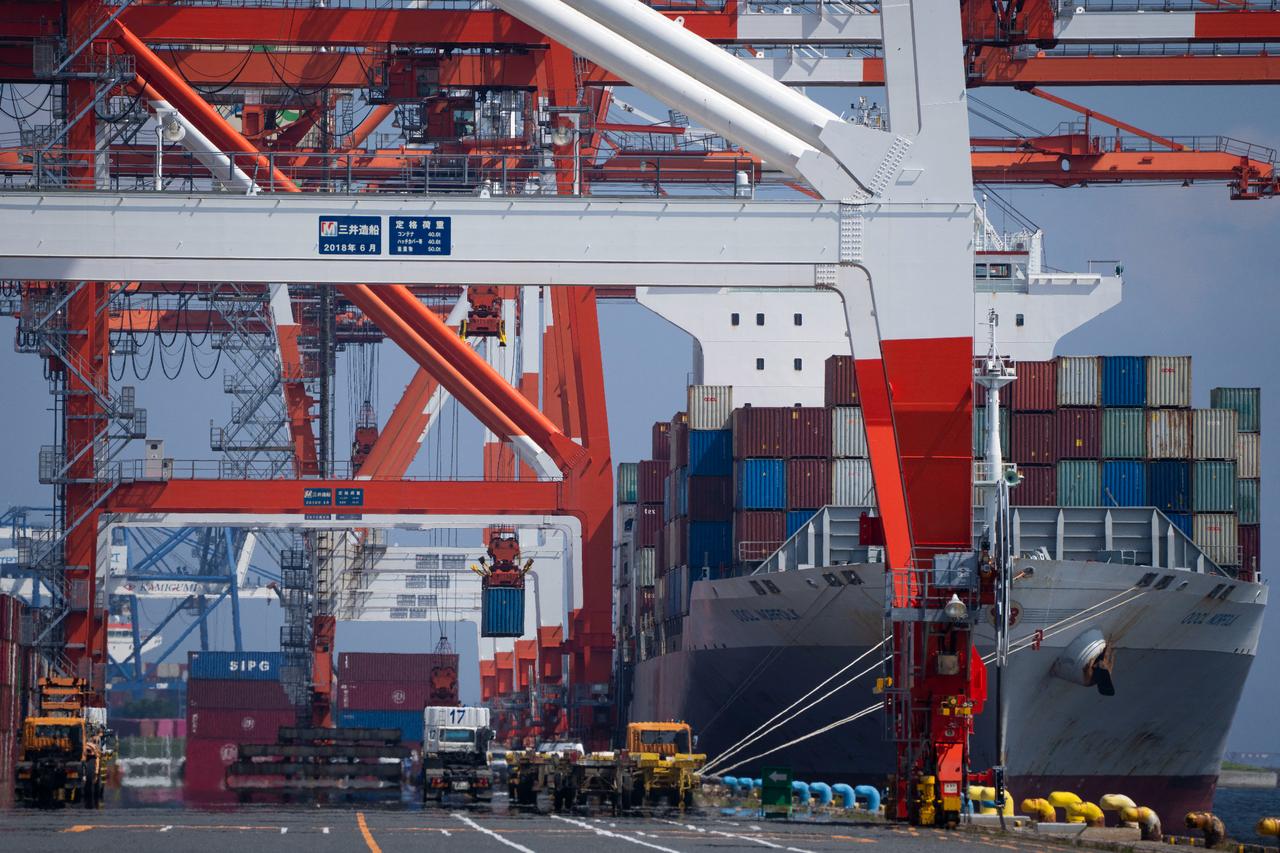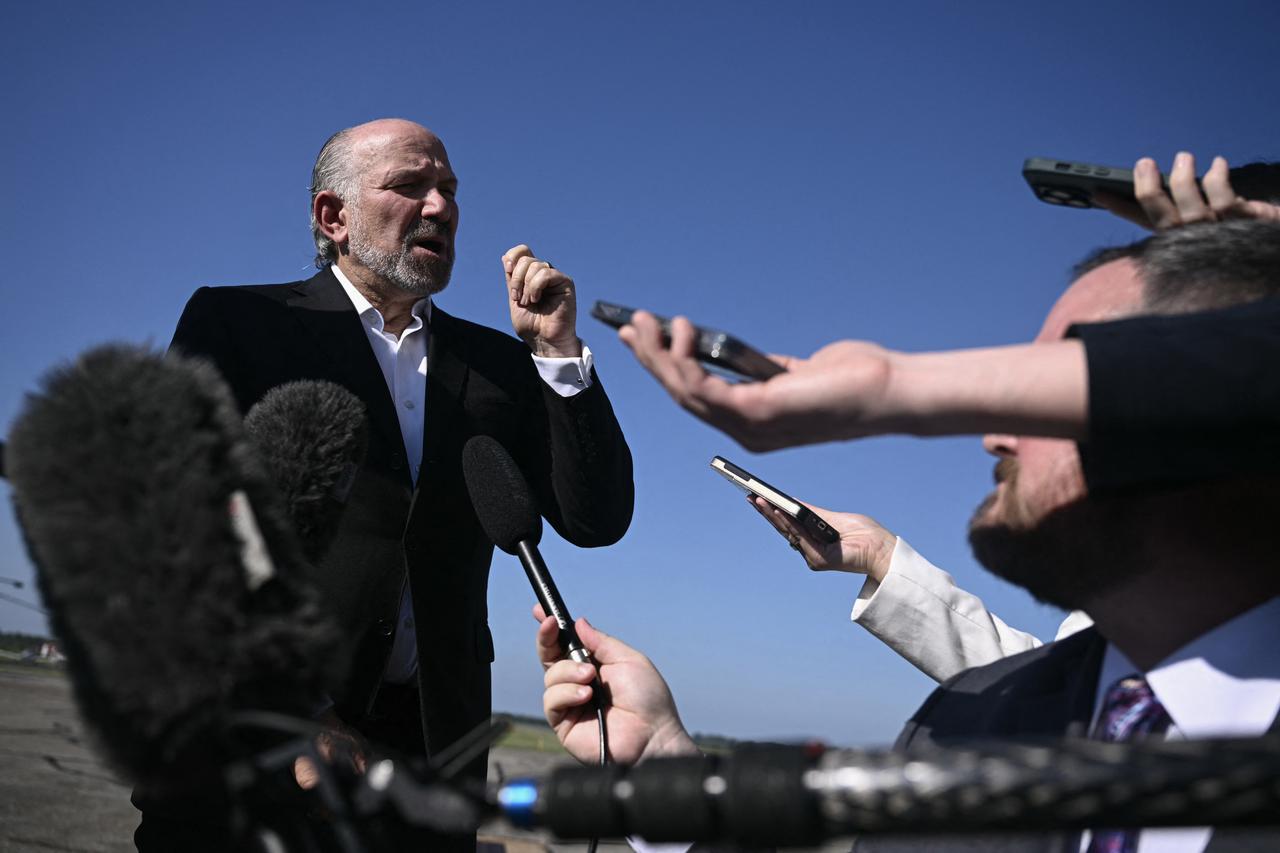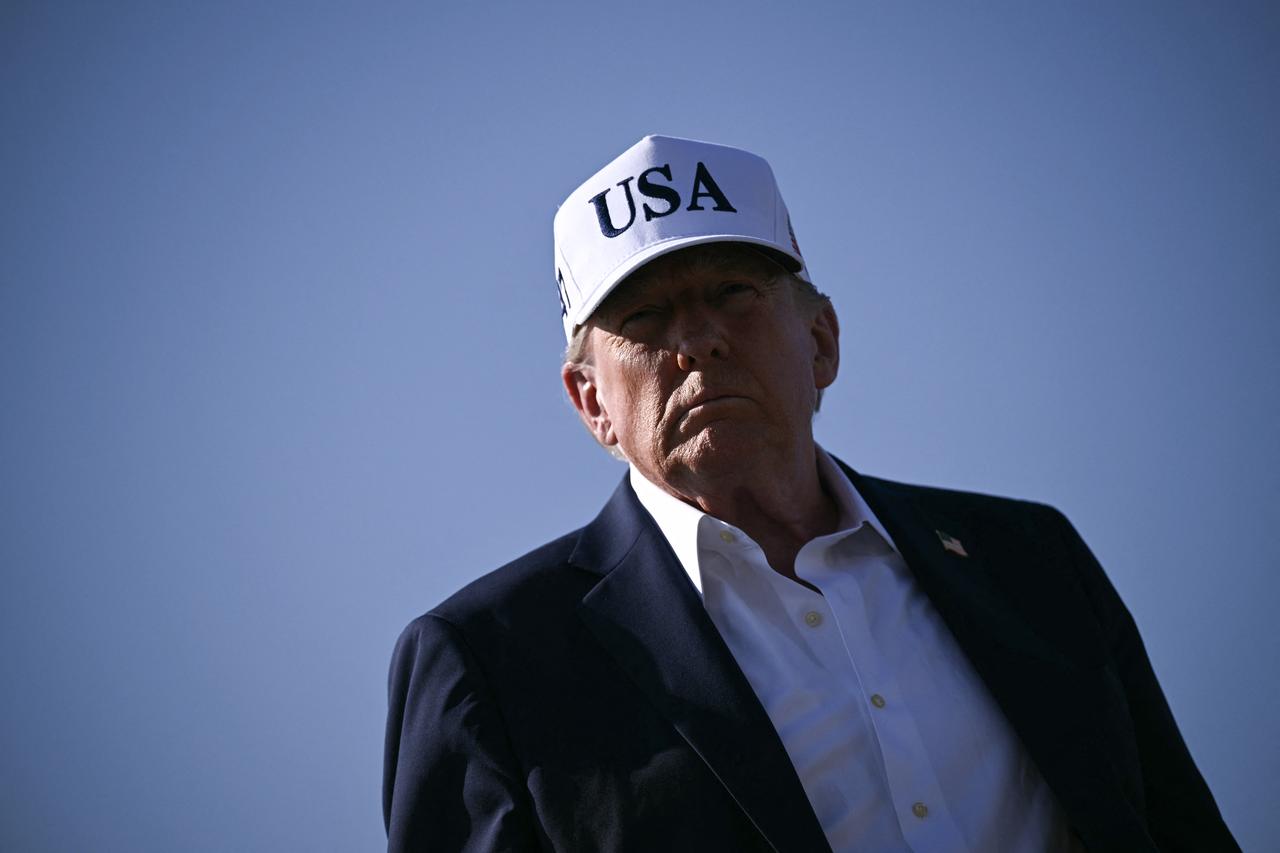
U.S. President Donald Trump confirmed that elevated tariffs will come into force on Aug. 1 if no new trade agreements are reached with key partners, signaling a renewed push for bilateral deals amid stalled negotiations.
In remarks delivered aboard Air Force One and through his social media platform, Trump stated he would send up to 15 letters on Monday to countries involved in the talks, warning them of the tariffs set to snap back to levels announced in April.
On April 2, Trump announced a sweeping 10% tariff on nearly all imports, with the possibility of higher rates for selected countries, calling it “Liberation Day.”
The tariffs were suspended for 90 days beginning April 9 to allow time for negotiations, with the suspension set to expire on July 9.
If deals are not struck, the tariffs will automatically take effect on Aug. 1. Commerce Secretary Howard Lutnick reiterated that the rates and terms are being finalized, confirming that the president is actively shaping the tariff policy.

So far, Washington has concluded deals with the United Kingdom and Vietnam, while the United States and China have agreed to temporarily reduce tariffs on each other's goods.
Talks continue with other nations, including members of the European Union. EU negotiators remained engaged over the weekend, and France’s finance minister expressed cautious optimism for an agreement.
Treasury Secretary Scott Bessent emphasized that the August 1 implementation date is not a new deadline but a fixed schedule.
He described the administration’s approach as “maximum pressure,” aimed at expediting trade agreements. He noted that the European Union, after a slow start, is now showing progress.
Trump suggested that by July 9, countries would either receive formal letters outlining their tariff obligations or conclude agreements.
He described the letter-sending approach as more efficient than engaging in multiple rounds of negotiations, stating, “This is what you have to pay if you want to do business with the United States.”

In a separate development, Trump threatened to impose an additional 10% tariff on imports from countries aligning with the BRICS group—a bloc of 11 emerging economies including Brazil, Russia, India, and China.
His remarks followed criticism from BRICS leaders at a summit in Rio de Janeiro, where they condemned the U.S. tariff strategy as harmful to global trade.
“There will be no exceptions to this policy,” Trump wrote, accusing the bloc of adopting “anti-American” positions.
With only a few days remaining until the July 9 deadline, global markets remain on alert as trading partners scramble to finalize agreements and avoid elevated tariffs.
Bessent suggested that “several big announcements” could be made in the coming days, although he declined to name specific countries.